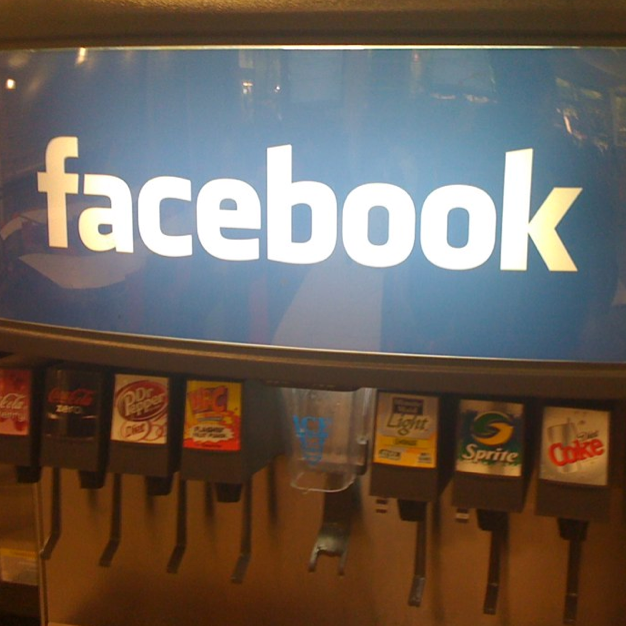Way back in December, Facebook revealed to the public that they were testing the new page post ads that allowed for businesses and advertisers to market their products, deals, or services directly on the News Feeds of their fans. That, though, was the very problem that these ads presented. They could only work when trying to target those already interested in your business, and no new customers could be reached. That is what has led to the new improvement that Facebook is making to this feature, or at least they are testing it out. Facebook is trying out page post ads that can be seen by users that are in no way connected to the businesses posting them.
They will basically function the same way as sponsored stories do, except now these sponsored posts will appear much larger, and in a much more effective spot. Inside Facebook reported that these posts will look very organic, as any other company post would look. The only thing that will differ is that the word “Sponsored” will appear in the bottom corner of the advertisement. It is not as though Facebook is intruding on any user’s news feed, as no personal information is revealed for targeting purposes. They are simply no longer limiting page post advertisements to the News Feeds of page fans.
Inside Facebook’s writer, Brittany Darwell wrote,
This latest test, along with the mobile app ad unit announced last week show Facebook is no longer limiting News Feed inventory to entities that users have already connected to.
It seems that since Facebook has eased up a bit on their limitations by testing out these universal News Feed advertisements, things have improved in their marketing results. So far, the page posts have performed very well, showing much higher clickthrough rates than the sponsored stories on the side of the page. Inside Facebook fears, however, that, “because these ads don’t necessarily have social context, they could confuse or frustrate users.” Most people are on Facebook to keep up with family and friends, and not to learn about new products or services, therefore making the prospect of using these news feed advertisements a bit risky. They could potentially have the opposite effect, turning away users that were originally targets for advertisement.
This new method of marketing on Facebook can be compared to the Promoted Tweets on Twitter. Twitter’s Promoted Tweets have been doing quite well, and since these new page post ads are very similar to the way the Tweets work, there’s a good chance of success with them. There will finally be a way for those who advertise with Facebook to reach new audiences, instead of relying on sharing to grow their fan base. We should probably expect the same reaction from users regarding Facebook’s new and improved Page Posts that we saw when Promoted Tweets were first revealed, and Twitter did not suffer much grief from users whatsoever.
—–
Sponsored by ITALeads. Where the Action Is.




